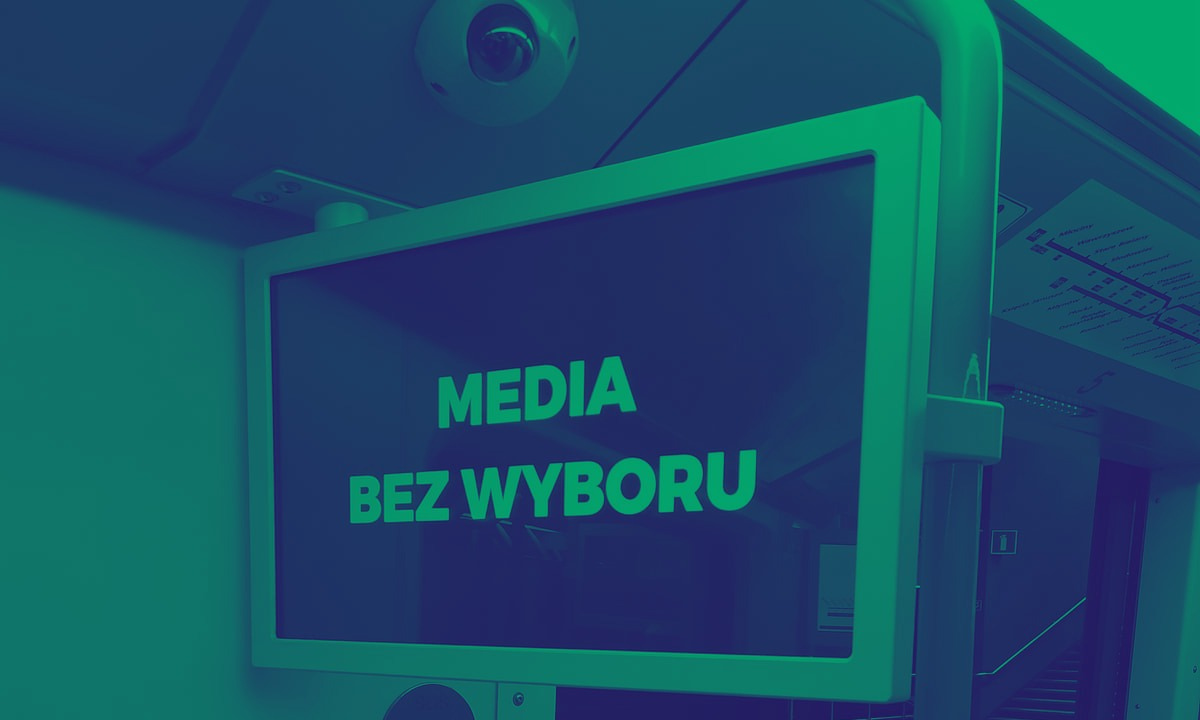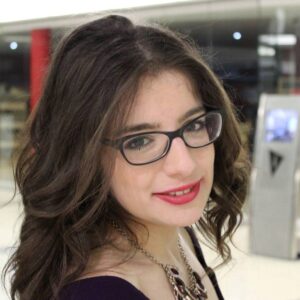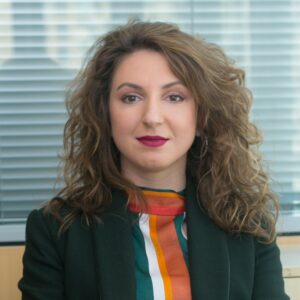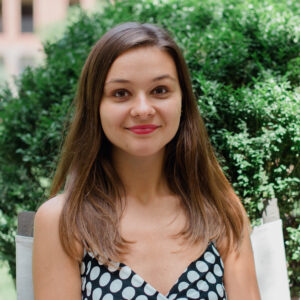
Read more
Discussion Series, News
The Media Strike in Poland: Why Media Resilience is (desperately) Needed in Destabilising Times
By Beata Klimkiewicz[1] What would the news media environment look like in Poland without independent news providers? Users could taste bitterly such a (not-entirely) hypothetical situation on 10 February 2021, when most Polish news...
As part of the 2020 Online School for Journalists and Media Practitioners participants were asked to submit their proposals for a data journalism/visualisation project based on the skills they acquired during the five-week-long school.
We received in total five projects and those were evaluated based on their originality and relevance by a jury composed of the members of the CMPF team.
The three projects to receive the prize of 1,000 Euros each, are excellent examples of utilising newfound skills in data journalism and data visualisation. Congratulations to the winners!
1. Alexandra Filip (Romania) – How is the COVID-19 pandemic affecting access to abortion services in Romania.

Alexandra Filip’s project deals with how the COVID-19 pandemic is affecting access to abortion services in her home country, Romania. In Romania, the COVID-19 pandemic has worsened the safe access to essential sexual and reproductive health services, particularly timely abortion care, post abortion care, and emergency contraception for women. She aims at analysing available national statistical data to compare abortion statistics in state and private hospitals over the past three years and she considers completing the project conducting a series of interviews to illustrate her statistical findings.
This project was selected by the jury for its originality, its coherence and its feasibility. The participant has clearly identified the national database she could use to conduct her quantitative analysis, and she has mentioned the possible shortcomings of the statistical analysis. Therefore, she also highlighted the importance of conducting interviews to complement the statistical project.
Alexandra Filip (Romania) is a freelance journalist whose work focuses on stories about the underdogs of society, discrimination against Roma people, elderly abandonment, Romanian immigration in EU, and foreign immigrants in Romania.
2. Adriana Mutu (Romania) and Adriana Urbano (Italia) – Did COVID-19 kill the video star?


This project deals with the impact of the COVID-19 pandemic on the cinema industry in Europe. It aims at estimating the effects of the pandemic in this sector and at investigating the number of national initiatives, measures and state aid packages for creative media and audiovisual productions during the pandemic across EU-27 member states. They identified existing databases provided by the European Audiovisual Observatory and the OECD, and they are planning to interview people whose livelihoods have been jeopardised by the pandemic and (in)adequate financial support (from actors to crews)
This project was selected for its relevance, its feasibility and its European scope. The participants have identified numerous sources which would provide them reliable information to pursue their investigation.
Dr. Adriana Mutu (Romania) is a university lecturer committed to interdisciplinary research, bringing together academic and industry knowledge, cross-disciplinary training and research experience including in Europe, North America and MENA. She holds a Ph.D in Political Science from the Autonomous University of Barcelona. Her expertise includes audiovisual media regulation, media independence and media policy-making, both at the national and the international level.
Adriana Urbano (Italy/UK) is a freelance multimedia journalist, editor and translator. She collaborates with The Sunday Times, The Local Italy, LEFT, Agence France Press and The New Arab. She holds a MA in International Journalism (Investigative Specialism, Broadcast Pathway) at City University, London and a BA (hons) in Philosophy and Politics from the University of Exeter and Sciences Po, Paris. She wons the 2016 “Best Feature” award at the UK and Ireland National Competition of the Student Publications Association for a piece on the Paris terrorist attack in November 2015.
3. Anna Romandash – Displaced People in Ukraine

This project deals with retracing the itinerary of displaced peoples in Ukraine. These include Ukrainians internally displaced from the East to the West by the ongoing national conflict, as well as a large flow of Belarusian refugees coming to Ukraine. The aim of the story is to map the movement of displaced people in Ukraine, to show how these people are all coming together, and how they are working on joint grassroots initiatives that aim to foster peace.
The originality of the topic and the angle chosen were key elements for the selection of this project as it proposes a mapping of displaced population at a national scale as well as illustrations with portrayals at the individual level.
Anna Romandash (Ukraine) is a journalist, media consultant, and human rights activist. She handled communications-related projects, content and social media strategies for large organizations, and outreach programs for international NGOs, civil society groups, and business corporations (Index of Censorship, UNESCO, G20, and Council of Europe). She also led Internet Governance projects for media with ICANN, EuroDig, and SEEDIG. She holds a MA in journalism from the Danmarks Medie- og Journalisthøjskole and is currently completing a MA in Peace studies and conflict resolution at the University of Notre-Dame (United States).


